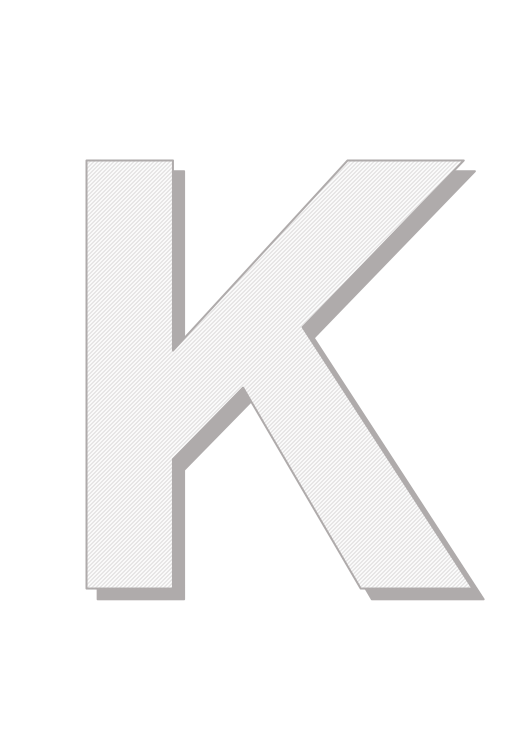The world has become increasingly data-driven and reliant on semi-automatic technologies. Effective access to, and use of, information is a key enabler for progress. Given this need and the unprecedented availability of information on the Web, the study of knowledge capture is of crucial importance. Knowledge capture involves the extraction of useful knowledge from vast and diverse online sources as well as its acquisition directly from human experts.
To achieve the ambitious goals of scalable, robust knowledge capture, the Tenth International Conference on Knowledge Capture aims at attracting researchers from diverse areas of Artificial Intelligence, including knowledge representation, knowledge acquisition, Semantic and World Wide Web, intelligent user interfaces for knowledge acquisition and retrieval, innovative query processing and question answering over heterogeneous knowledge bases, novel evaluation paradigms, problem-solving and reasoning, planning, agents, information extraction from text, metadata, tables and other heterogeneous data such as images and videos, machine learning and representation learning, information enrichment and visualization, as well as researchers interested in cyber-infrastructures to foster the publication, retrieval, reuse, and integration of data.
Today these data come from an increasingly heterogeneous and set of multi-modal resources that differ with regards to their domain, media format, quality, coverage, viewpoint, bias, and most importantly, consumers and producers of the data. Some kinds of data are produced by purely automatic methods and are structured, while others (like DBpedia) draw at least in part on multiple technologies and stakeholders coming together. More than the sheer amount of these data, their heterogeneity allows us to arrive at better models and answer complex questions that cannot be addressed in isolation but require the interaction of different scientific fields or perspectives. A goal of the conference is to develop such synergies using systematic and rigorous methodologies. Additionally, we recognize that previous modes and metrics of evaluation may not always be sufficient for assessing empirical progress at such complex levels.
For this reason, we are making the special theme of the K-CAP 2019 conference:
Multi-modal Knowledge Capture in the Age of Big Web Data
We specifically solicit papers on novel methodologies for evaluating cross-disciplinary multi-modal knowledge capture systems and applications. In most cases, knowledge is not captured as a means to an end but to, for instance, enable better user interfaces, improve retrieval beyond simple keyword search, and so forth. For K-CAP 2019, we focused on the creation, enrichment, querying, and maintenance of knowledge graphs (not necessarily limited to the Semantic Web technology stack) out of heterogeneous data sources.
Submissions
The 10th International Conference on Knowledge Capture, K-CAP 2019 will feature Invited Talks, Full and Short Papers, Workshops, and Tutorials on a range of topics. Full papers, which must describe original research, may be a maximum of 8 pages, including references. Full papers will appear in the conference proceedings and will be citable as K-CAP 2019 publications. Authors will present their work in plenary sessions during the main conference. Short papers, which may describe (possibly preliminary or open-ended) research, applications (academic, industrial or otherwise), vision and late breaking results, may be a maximum of 4 pages, including references. Short papers will also appear in the conference proceedings and will be citable as K-CAP 2019 publications. Authors will present their work as physical posters on standing poster boards during the conference Poster Session. Accompanying demos illustrating the work presented in the posters are specially welcome and encouraged. There will also be a "Poster Madness" session, where authors will make a short presentation advertising their poster.
K-CAP is not a double-blind conference, hence authors should list their names and affiliations on the submission. Papers submitted to the main conference track should not have been published before in an archival venue, or currently be under review in an archival venue. Authors are welcome to submit papers that have been published as a preprint on arXiv, or in a non-archival venue like a workshop.
Due to the special theme of the conference this year, we especially encourage submissions of research and industry papers on the topics of:
- Extracting knowledge graphs from multi-modal (video, images, text, HTML…) and multi-structured data, including semi-structured (JSON, XML…), structured (tables) and unstructured (natural language, webpages) data
- Robust querying of captured knowledge
- Hybrid approaches for knowledge capture combining knowledge engineering and machine learning
- Representation learning and embeddings, especially with a focus on interpretability and combination with logic-based semantics
- Synergistic representation learning across multi-modal knowledge elements
- Services and APIs for knowledge graphs
- Visualization of knowledge graphs and visual query interfaces
- Addressing scalability issues for distributed knowledge graphs
- Novel interfaces for efficiently eliciting supervision from users
- Domain-specific knowledge capture and applications
- Provenance, trust, and credibility as they relate to knowledge graphs
- Enrichment and cleaning of knowledge graphs and alignment to existing graphs
- Data dynamicity, heterogeneity, and decay in knowledge intensive systems
Submissions on more general topics, traditionally covered by the conference, are highly encouraged, including but not restricting to:
- Knowledge acquisition
- Knowledge authoring
- Knowledge extraction
- Knowledge management
- Knowledge capture for the Semantic Web and the Web of Linked Data
- Knowledge publication
- Collaborative and social approaches to knowledge management and acquisition
- Crowdsourcing for knowledge capture and refinement
- Knowledge Capture from Social Environments and Contexts
- Mixed-initiative planning and decision-support
- Problem-solving knowledge and methods
- Knowledge-based markup techniques
- Knowledge engineering and modelling methodologies
- Narrative intelligence
- Knowledge capture through storytelling
- Learning by reading
- Statistical analysis from Web data
- Impact on data-mining of Web-scale linked data
- Machine learning from multiple Web sources
- Computational approaches to data management for knowledge capture
- Provenance and trust issues in knowledge intensive systems, especially data provenance in knowledge capture
Deadlines
(for both the research and the application tracks)Full paper submission: July 20, 2019
Author notification: August 30, 2019
Camera ready version due: September 29, 2019
